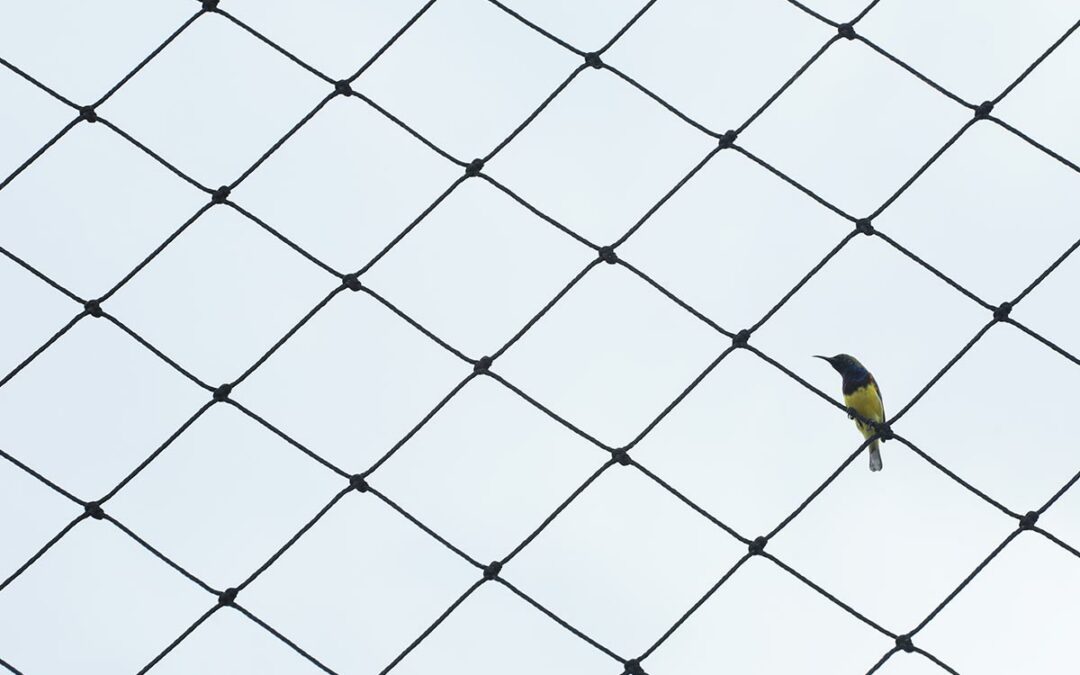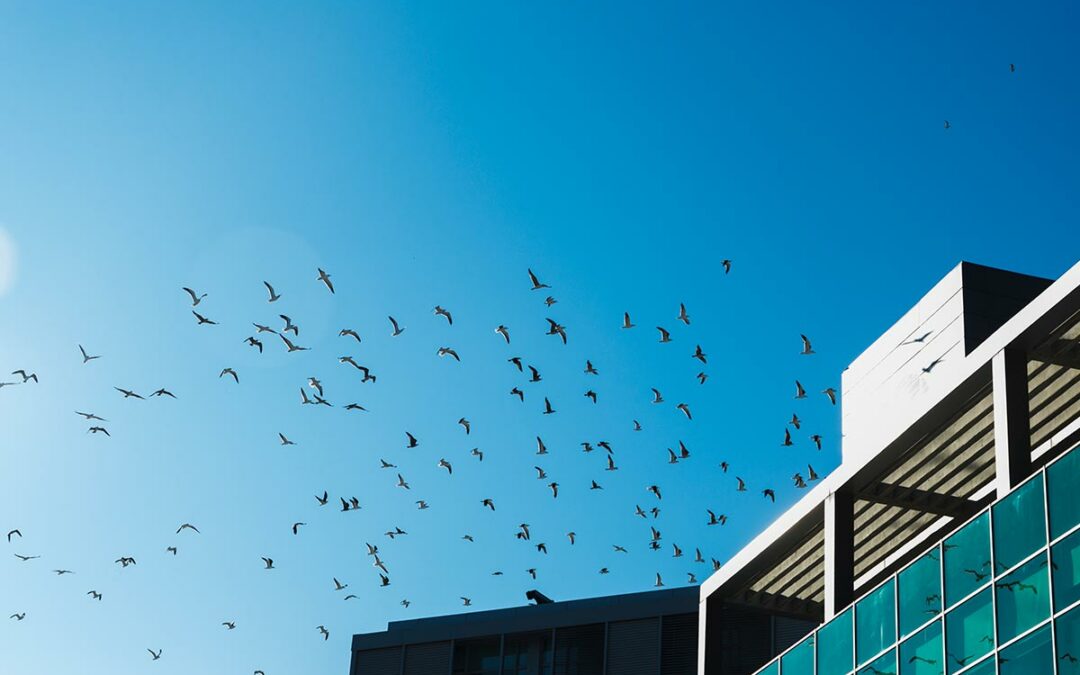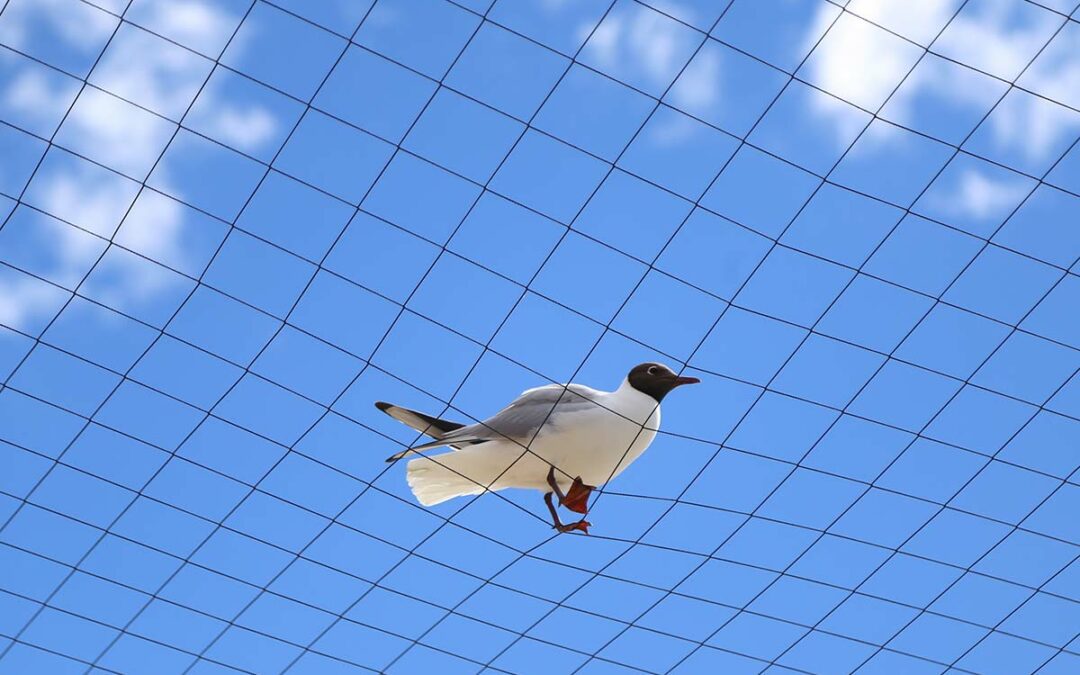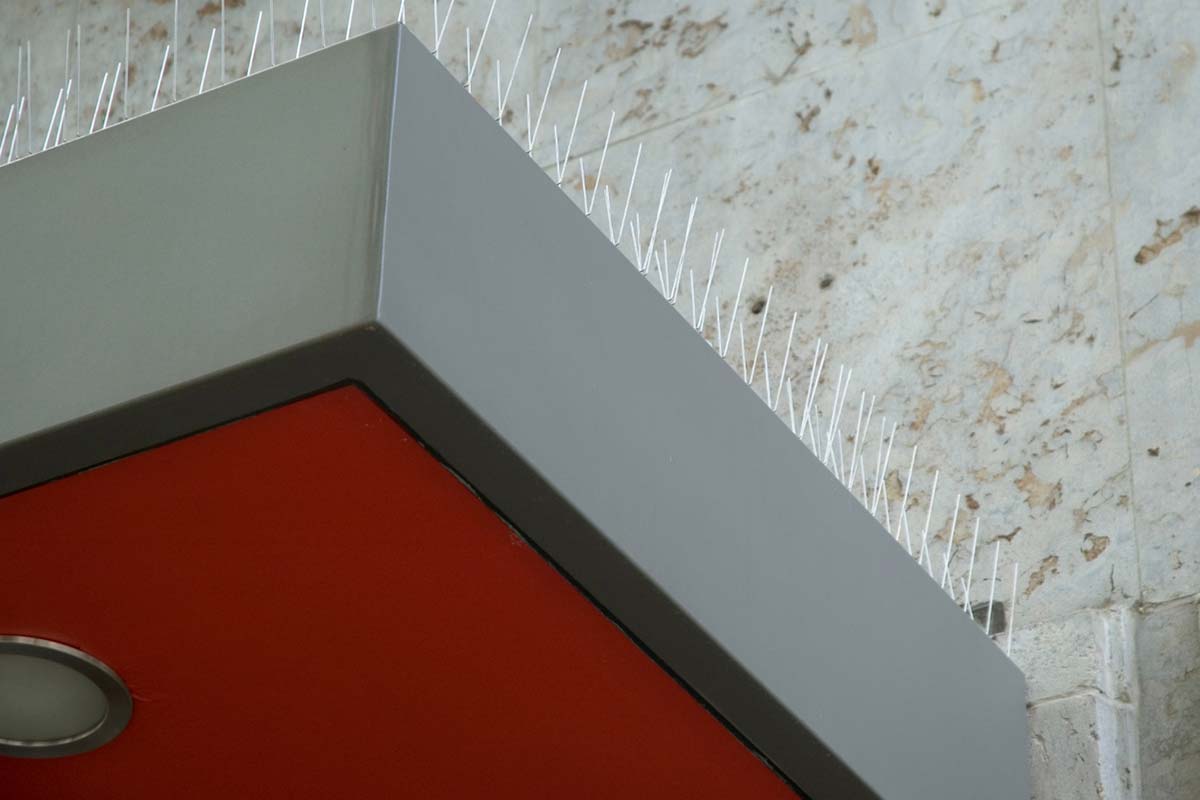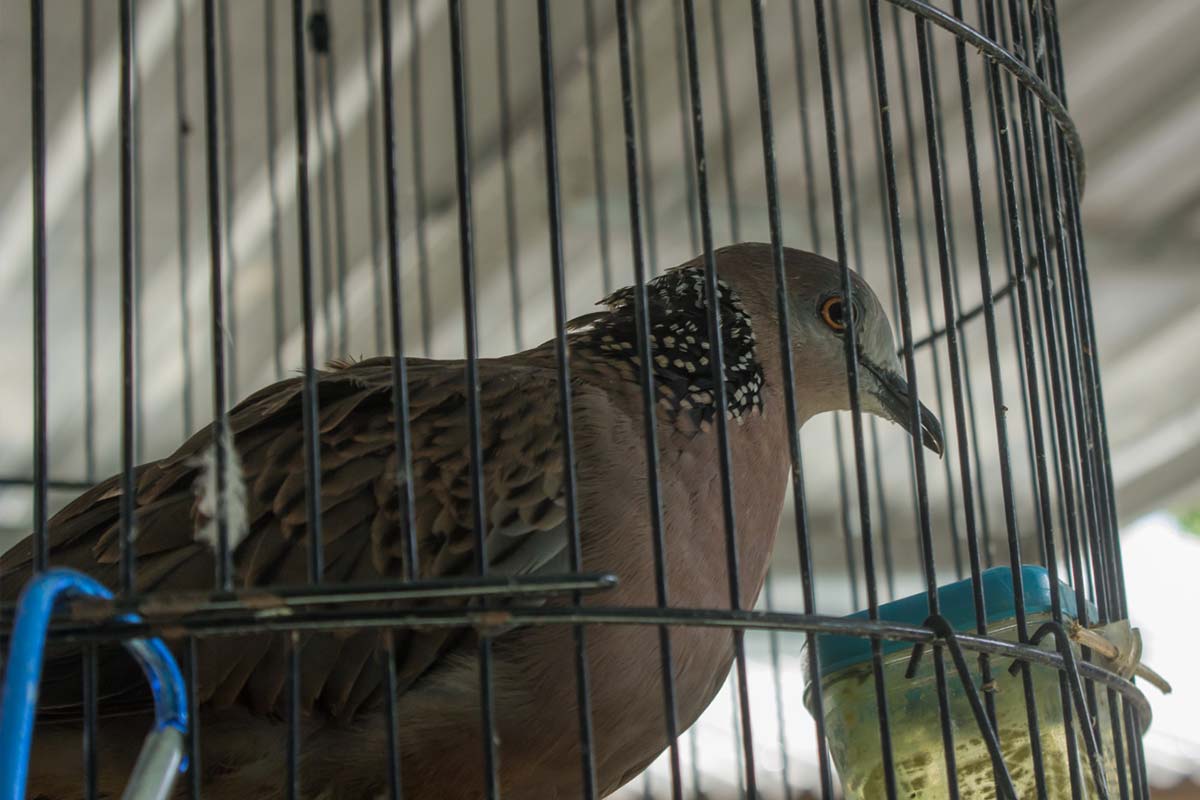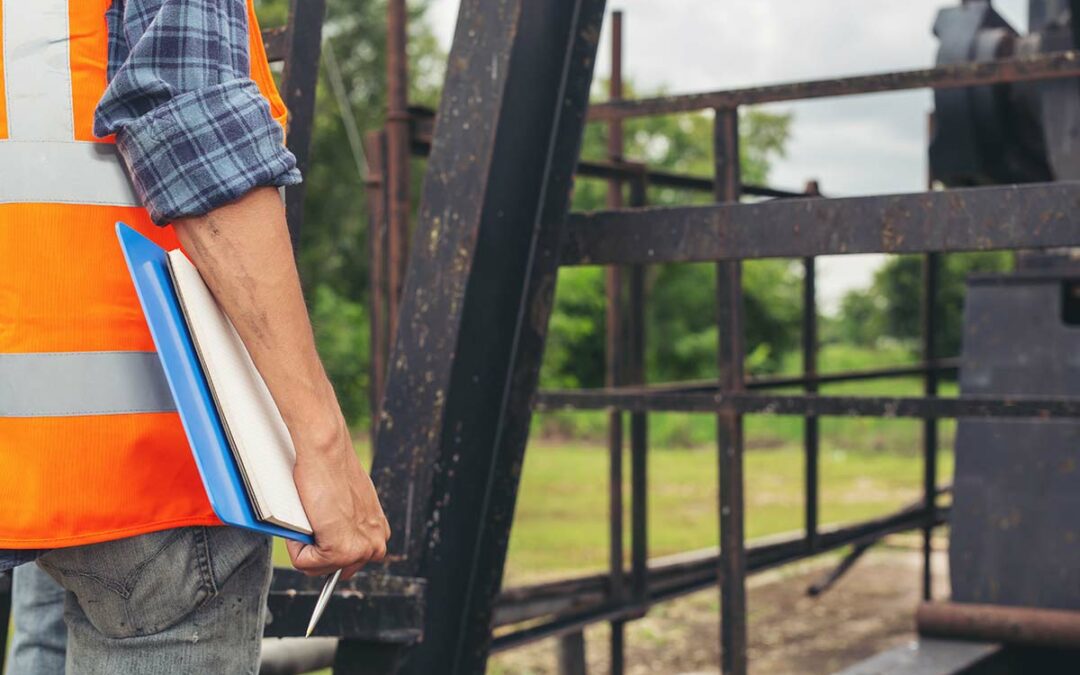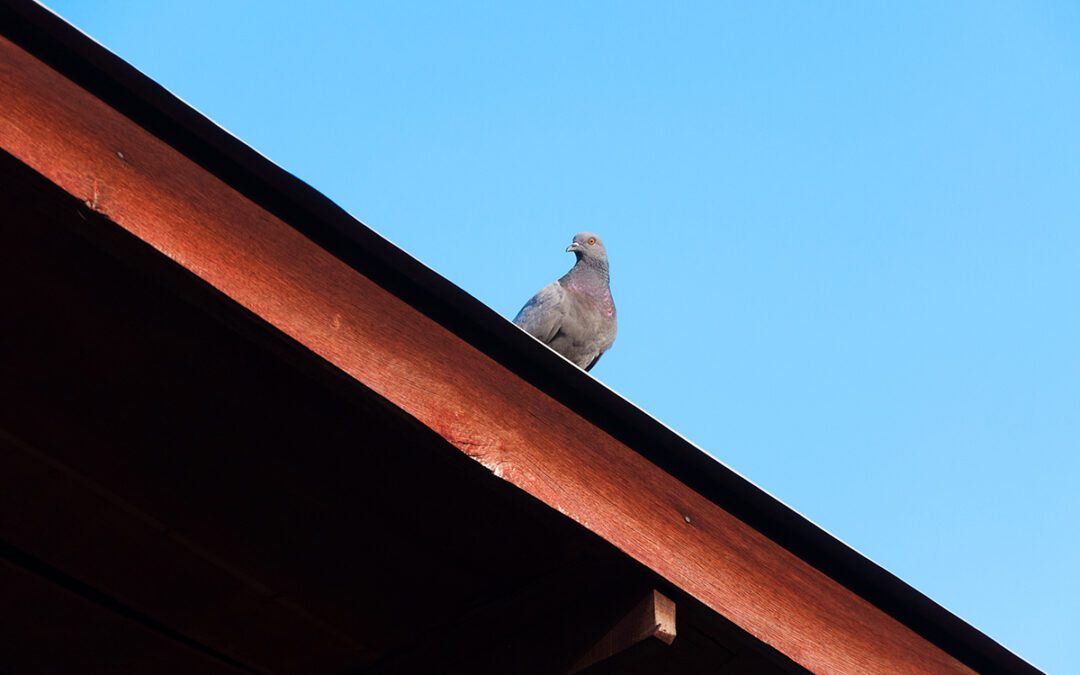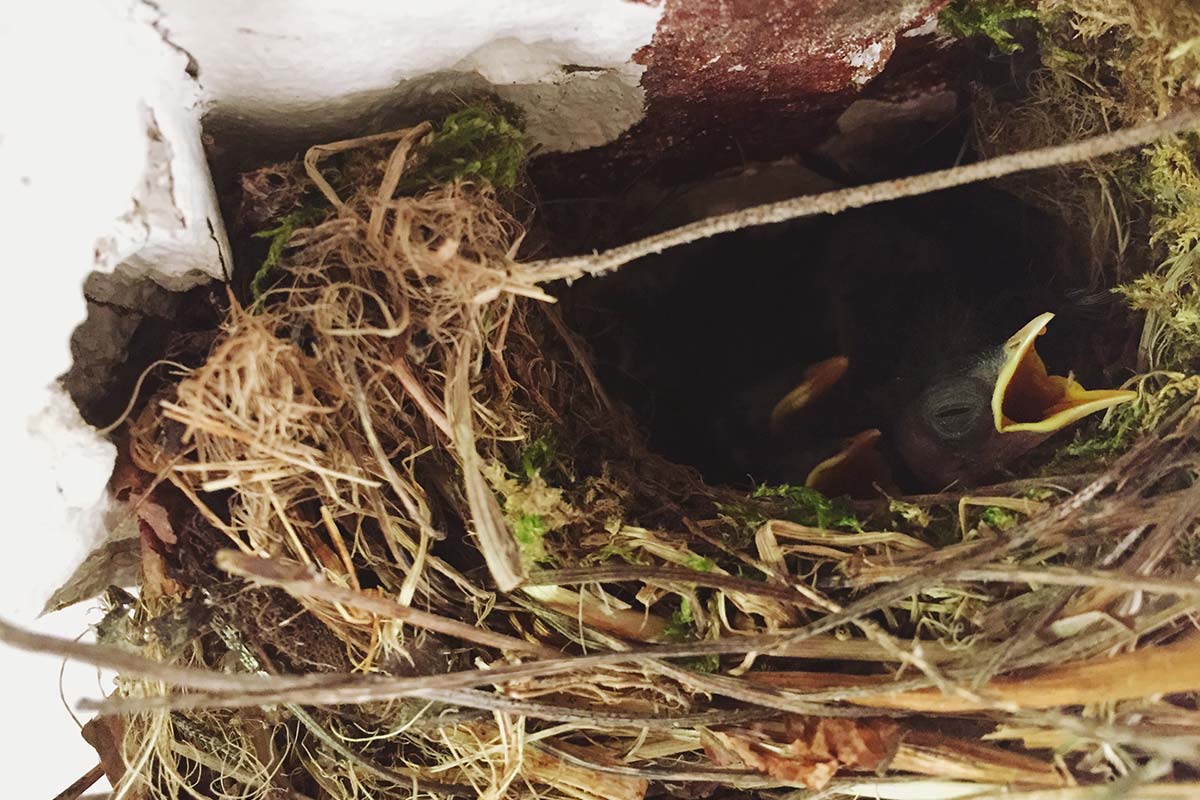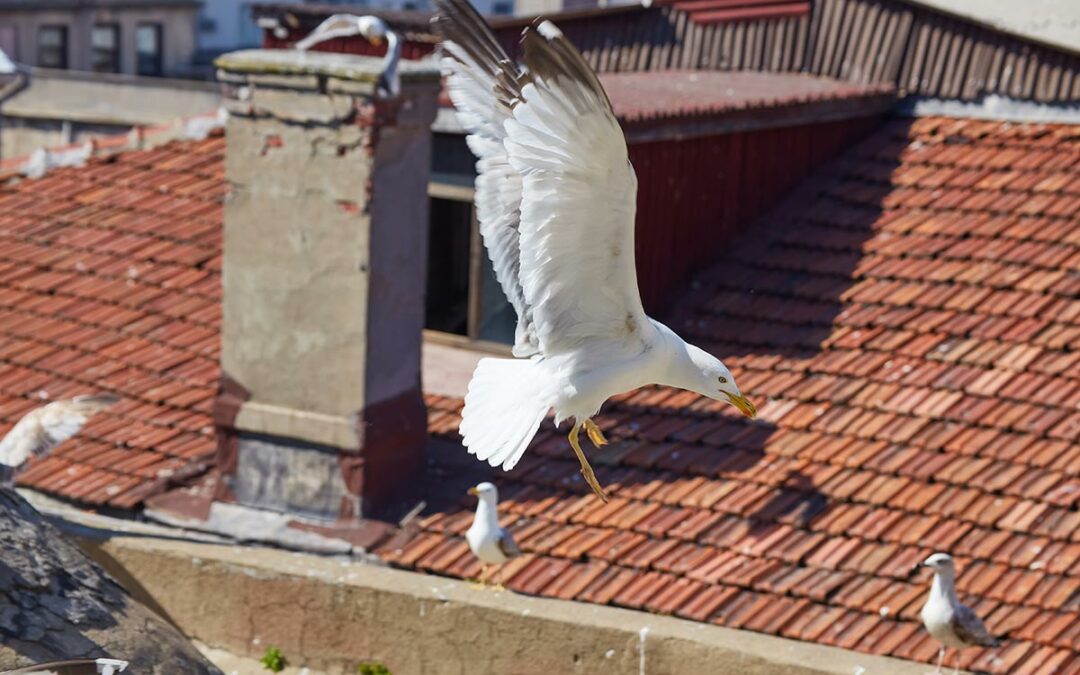
Pigeon Repellents – Best Ways to Deter Pigeons
Pigeons are persistent birds—once they decide to roost, they can cause property damage, health hazards, and messy cleanup. The good news? You have lots of effective pigeon repellent options to choose from.
In this guide, we’ll cover the top pigeon repellents, when to use them, and how to combine products for the best results.
Best Types of Pigeon Repellent
- Bird Spikes – Pigeons can’t land on surfaces with bird spikes—perfect for ledges, sills, signs, and fences.
Shop Bird Spikes: https://www.pigeonpatrol.ca/bird-spikes/ - Bird Sound Deterrents / Ultrasonic Repellers – Emit high-frequency sound to drive pigeons away without harming them.
Browse Ultrasonic Bird Repellers: https://www.pigeonpatrol.ca/bird-repeller/ - Pigeon Netting – Blocks pigeons from accessing nesting zones permanently.
See Pigeon Netting: https://www.pigeonpatrol.ca/bird-netting/
Where to Apply Pigeon Repellents
- Residential properties—balconies, rooftops, window sills
- Commercial spaces—storefronts, parking garages, rooftops
- Industrial & agricultural buildings—warehouses, silos, barns
How to Combine Pigeon Repellents
- Bird spikes for landing prevention
- Pigeon net for blocking access
- Ultrasonic sound deterrents for wide-area repelling
- Add visual deterrents (reflective tape, predator decoys) for extra impact
FAQs
What is the most effective pigeon repellent?
Bird spikes + netting + ultrasonic devices offer the most comprehensive protection.
Are pigeon repellents safe for other birds?
Yes—our products are designed to deter all pest birds humanely.
Choosing the right pigeon repellent depends on your property, level of infestation, and budget. Often, the best solution is a multi-layered approach using spikes, netting, and sound deterrents.
Shop the best pigeon repellents today at: https://www.pigeonpatrol.ca

